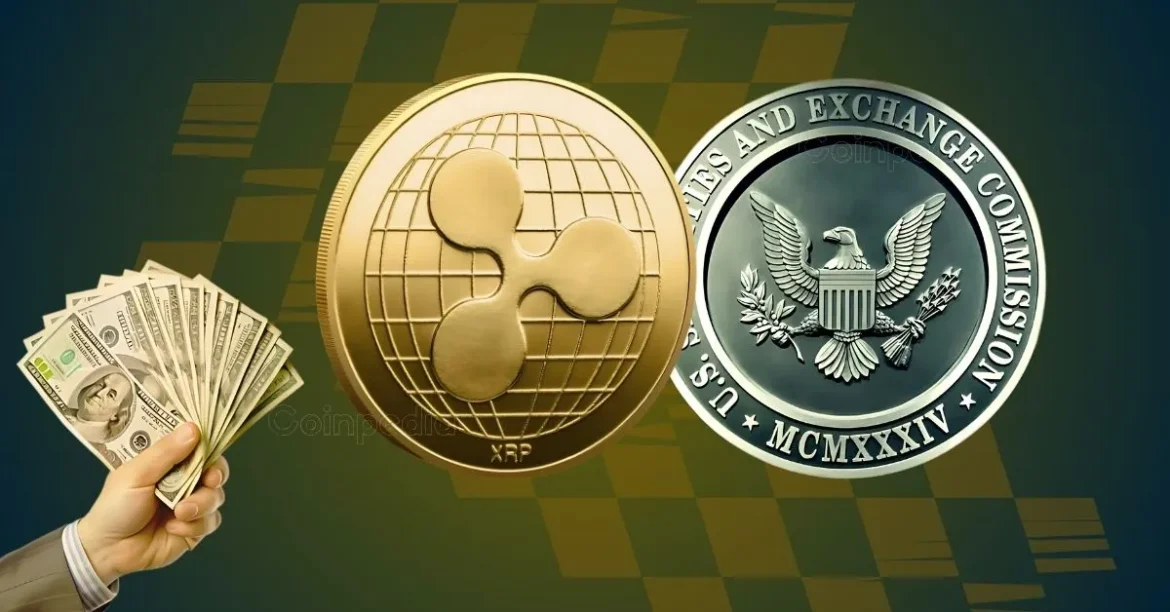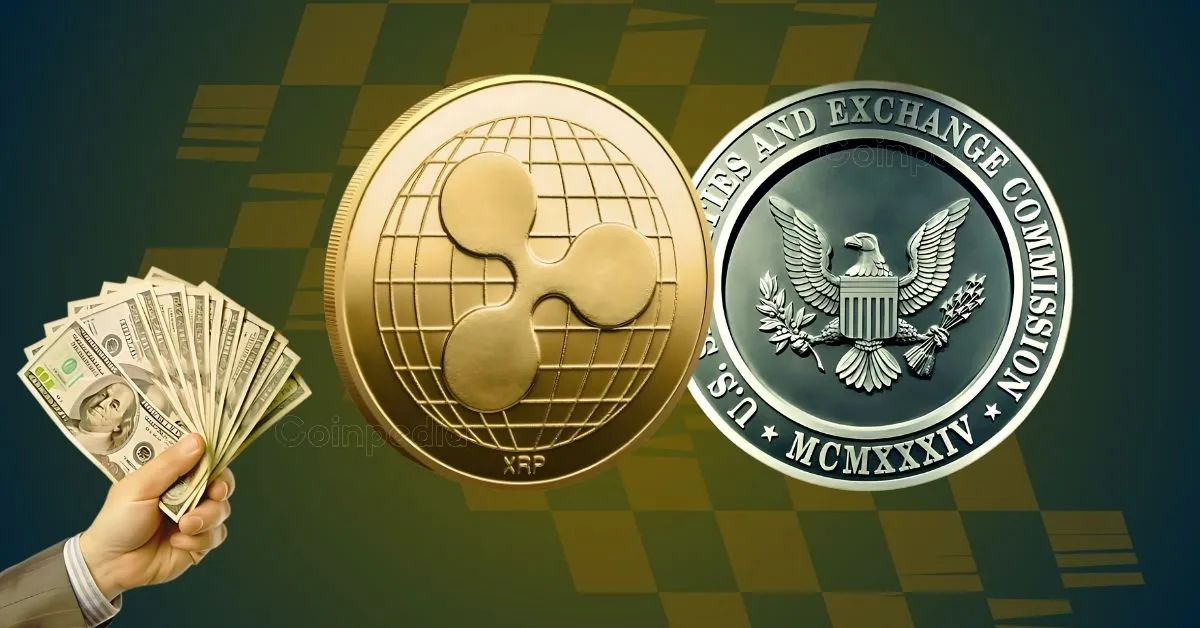Navigating the Ripple vs. SEC Legal Saga: A Comprehensive Analysis
The extended legal battle between Ripple Labs and the U.S. Securities and Exchange Commission (SEC) has become one of the most scrutinized regulatory conflicts in the cryptocurrency world. Since the SEC’s initial lawsuit against Ripple in December 2020, millions of crypto enthusiasts, investors, and legal experts have followed every twist and turn in this landmark case. Recent developments, filings, and analyst opinions suggest the case may be approaching a pivotal crossroads, though uncertainty still looms large. This detailed report unpacks the latest updates, legal maneuvers, and what they signify for Ripple, the SEC, and the broader crypto industry.
—
The Crux of the Dispute: Security Classification and Legal Stakes
The SEC initially accused Ripple Labs and two of its executives of conducting an unregistered securities offering by selling XRP tokens — a contentious move that put the regulatory classification of digital assets in the spotlight. Ripple has steadfastly argued that XRP is not a security but rather a digital currency, challenging the SEC’s interpretation of existing securities laws as applied to crypto tokens.
This core dispute transcends Ripple alone; the outcome carries implications for how cryptocurrencies might be regulated, how blockchain companies operate, and the viability of digital asset fundraising under U.S. law.
—
Recent “Exceptional Circumstances” and Joint Filings
In a new joint court filing, Ripple and the SEC cited “exceptional circumstances” justifying a reconsideration of an earlier decision by Judge Analisa Torres. These circumstances encompass:
– An ongoing settlement effort between the parties
– Recent shifts in the SEC’s crypto regulatory policies under new leadership
– A shared desire to avoid protracted litigation that extends uncertainty
The filing requests an adjustment to the court timeline and proposes pausing appellate proceedings, signaling a potential softening of hostilities or at least a pragmatic move toward resolution.
—
Settlement Talks and Proposed Resolutions
Ripple has proposed a settlement involving a reduced payment of $50 million to the SEC, a figure substantially lower than the original $125 million fine imposed. This settlement would enable Ripple to keep the remainder of the funds from the initial $200 million escrow account fund. Both parties’ willingness to pause the case and negotiate reflects recognition of the prolonged economic and reputational costs the litigation generates.
However, the court must still approve any settlement agreement, and some legal reports indicate the judge has not dismissed the possibility that the litigation may continue should the deal be rejected.
—
Legal Experts’ Perspectives and Attorneys’ Sentiments
Prominent attorneys on both sides have weighed in:
– Skepticism about SEC’s Confidence: XRP attorney Bill Morgan and other pro-XRP lawyers have voiced doubts regarding the SEC’s recent plea for deadline extensions and pauses. These moves are often interpreted as the SEC lacking confidence in its appeal chances or attempting to delay the inevitable.
– No Imminent Rulings Anticipated: Former SEC lawyers have suggested there may be no immediate rulings or breakthroughs before the key June 16 deadline for an SEC status report to the Appeals Court, underscoring a cautious, procedural approach rather than a sharp turn.
– Potential Turning Points: Legal commentators anticipate that June 16 (the deadline for the SEC’s status report) could mark a monumental update — whether through settlement progress, renewed filings, or a final decision on appeals.
—
Regulatory Climate and Its Influence on Proceedings
The SEC’s evolving stance on cryptocurrency enforcement plays a crucial role. The agency’s recent public statements and commissioner remarks hint at an adjusted approach to crypto oversight, possibly more tempered than the aggressive posture at the onset of the Ripple case. This shift may be helping foster the “exceptional circumstances” cited in court and encouraging both parties to seek a pragmatic resolution.
Further, the SEC’s simultaneous litigation and regulatory actions against other crypto entities, including Coinbase, add layers of complexity and potentially raise the stakes for Ripple’s case as precedent-setting.
—
XRP Market and Community Reactions
The XRP community remains vigilant, interpreting legal developments as either hopeful signals or cautionary setbacks:
– The news of potential settlement and deadline extensions has generally bolstered optimism.
– Conversely, ongoing filings, opposing motions, and delay strategies from the SEC feed a wary atmosphere of uncertainty.
– Market reactions to legal updates have influenced XRP price movements, reflecting investor sentiment tied tightly to case outcomes.
The possibility of XRP labeling as a non-security would unlock broader acceptance for XRP-related products like ETFs and deepen investor confidence.
—
Conclusion: Approaching a Legal and Regulatory Crossroads
The Ripple vs. SEC lawsuit stands at a crucial juncture, with its future hinging on decisions and filings expected around mid-June. The prospect of a negotiated settlement offering a $50 million payment with dropped appeals could close one of the longest-running, high-profile crypto regulatory battles to date. Yet, the possibility of continued legal wrangling remains real, especially if the court declines to approve a settlement.
Beyond Ripple and XRP, this case shapes the legal landscape for the entire cryptocurrency space in the United States. It tests the limits of securities law application to digital assets and signals how regulatory bodies might balance innovation with investor protection.
For stakeholders — from Ripple’s legal team and investors to the broader industry — keeping a close eye on forthcoming court submissions and regulatory statements is essential. The outcome will not only settle a multi-million dollar dispute but also reverberate through how blockchain ventures chart their futures amidst evolving U.S. crypto regulations.





